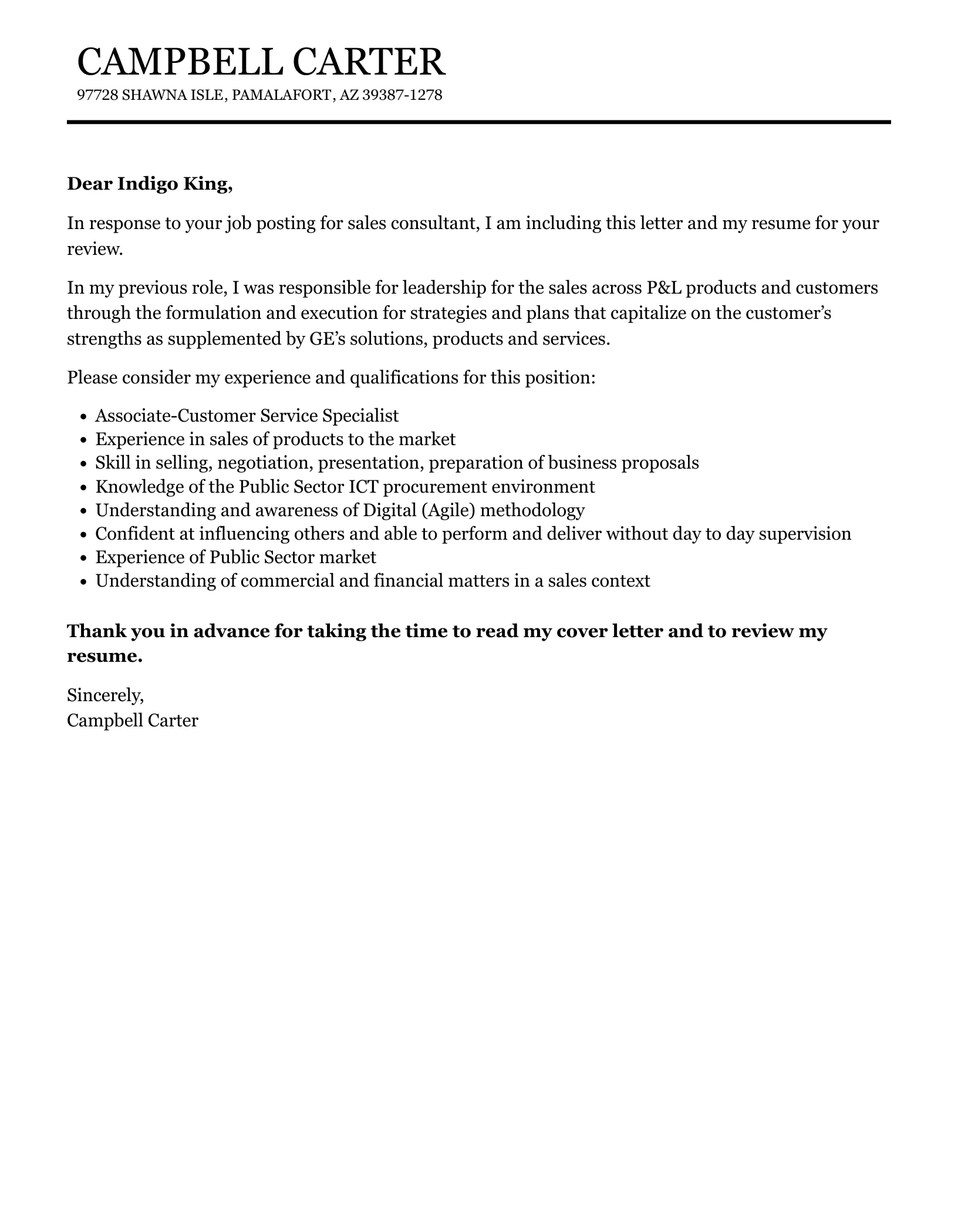Crafting a Winning Sales Consultant Cover Letter
Securing a sales consultant position without prior experience might seem daunting, but a well-crafted cover letter can significantly boost your chances. A compelling cover letter allows you to showcase your potential, highlight transferable skills, and demonstrate your enthusiasm for the role. This guide provides a step-by-step approach to writing a cover letter that grabs the hiring manager’s attention, even if you’re new to sales. We will navigate the nuances of presenting yourself as a strong candidate, focusing on the qualities that make you a promising sales professional and helping you create a strong impression. A well-written cover letter is your opportunity to make a strong first impression and increase your chances of getting an interview. By focusing on what you can bring to the table, you’ll show the hiring manager you are a great candidate.
Understanding the Purpose of Your Cover Letter
The primary goal of your cover letter is to introduce yourself, express your interest in the sales consultant position, and persuade the hiring manager that you’re a good fit for the company. Think of it as a personal sales pitch. It’s your chance to go beyond your resume and tell a story about why you’re passionate about sales and how your skills align with the company’s needs. This letter serves as the first impression, and it should be clear, concise, and tailored to the specific job and company. It should provide context to your resume, highlight your key strengths, and express your eagerness to contribute to the company’s success. Therefore, it’s not enough to simply list your qualifications. You need to demonstrate how your skills and experiences make you the ideal candidate for the job. Always remember to be honest and authentic in your approach.
Highlighting Transferable Skills
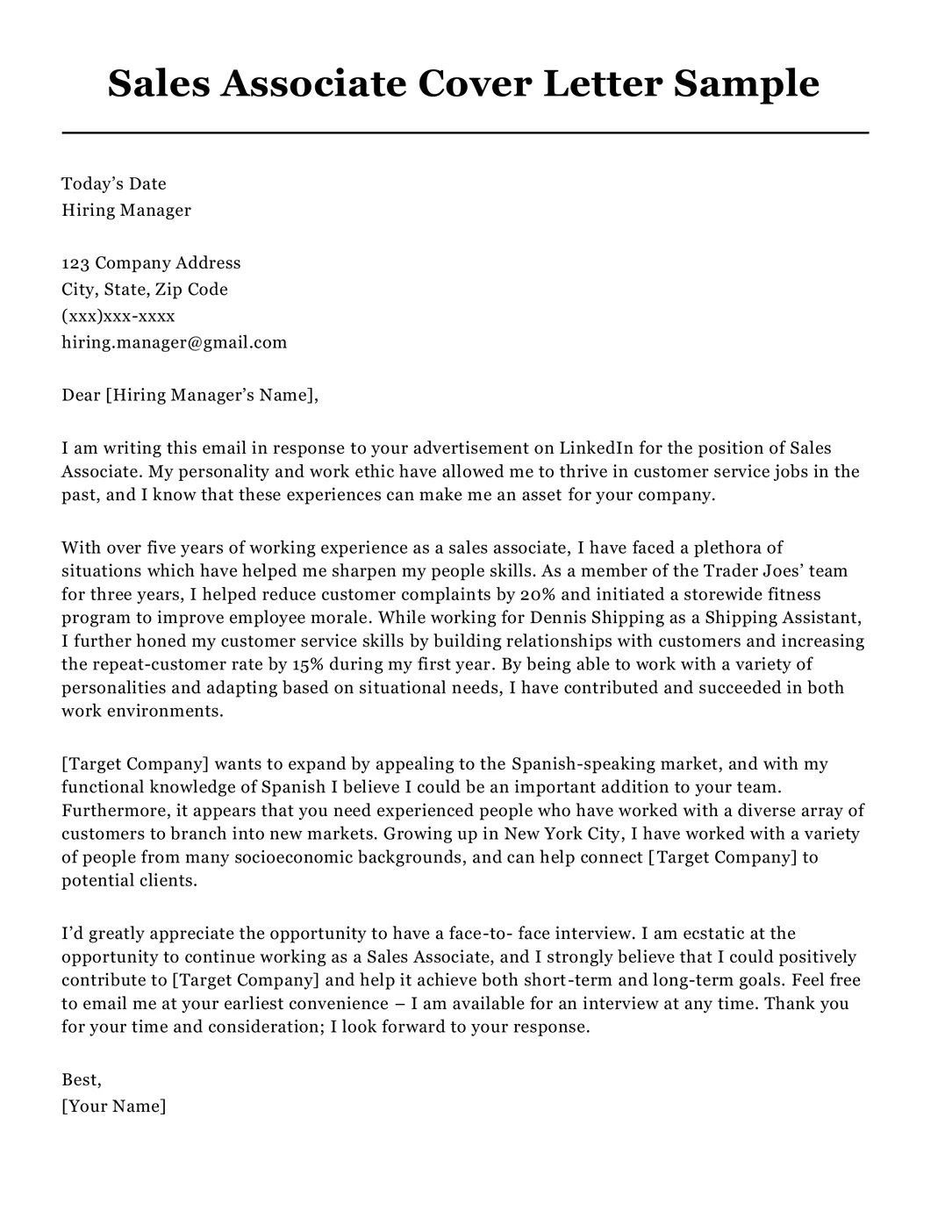
Even without direct sales experience, you likely possess transferable skills that are highly valuable in a sales consultant role. These are skills you’ve developed in previous jobs, volunteer work, or even through personal experiences. Skills like communication, interpersonal abilities, problem-solving, and time management are all crucial for success in sales. Identify these skills and demonstrate how they apply to the sales consultant role. For instance, if you have experience in customer service, highlight how you’ve resolved customer issues, handled complaints, and built rapport with clients. Similarly, any experience in teamwork or leadership shows your ability to work collaboratively and motivate others, which is very important. A strong cover letter emphasizes these transferable skills by providing examples of how you’ve used them effectively in other contexts.
Identifying Relevant Skills From Other Experiences
When reviewing your past experiences, look for skills that align with the requirements of a sales consultant. Consider experiences where you’ve persuaded others, negotiated, or presented information. If you’ve ever led a team, managed projects, or had to meet deadlines, these are valuable skills as well. Even part-time jobs, internships, or volunteer roles can provide relevant experience. Identify specific situations where you’ve demonstrated these skills and describe them in detail. Provide quantifiable examples whenever possible. For example, instead of saying “I improved customer satisfaction,” say “I improved customer satisfaction scores by 15% through proactive communication and issue resolution”. This approach brings these skills to life.
Showcasing Soft Skills for Sales Success
Soft skills are crucial in sales, and they can often outweigh the need for direct experience. Highlight your communication skills by describing how you effectively convey information, build relationships, and persuade others. Emphasize your active listening skills, your ability to understand customer needs, and your ability to tailor your approach to different personalities. Also, highlight your problem-solving abilities. Sales consultants often face challenges, and the ability to think on your feet and find creative solutions is a valuable asset. Showcase your resilience, your ability to handle rejection, and your determination to achieve goals. These qualities are essential for navigating the ups and downs of a sales career. Remember to give concrete examples of how you’ve demonstrated these soft skills in previous roles.
Demonstrating Your Enthusiasm and Drive
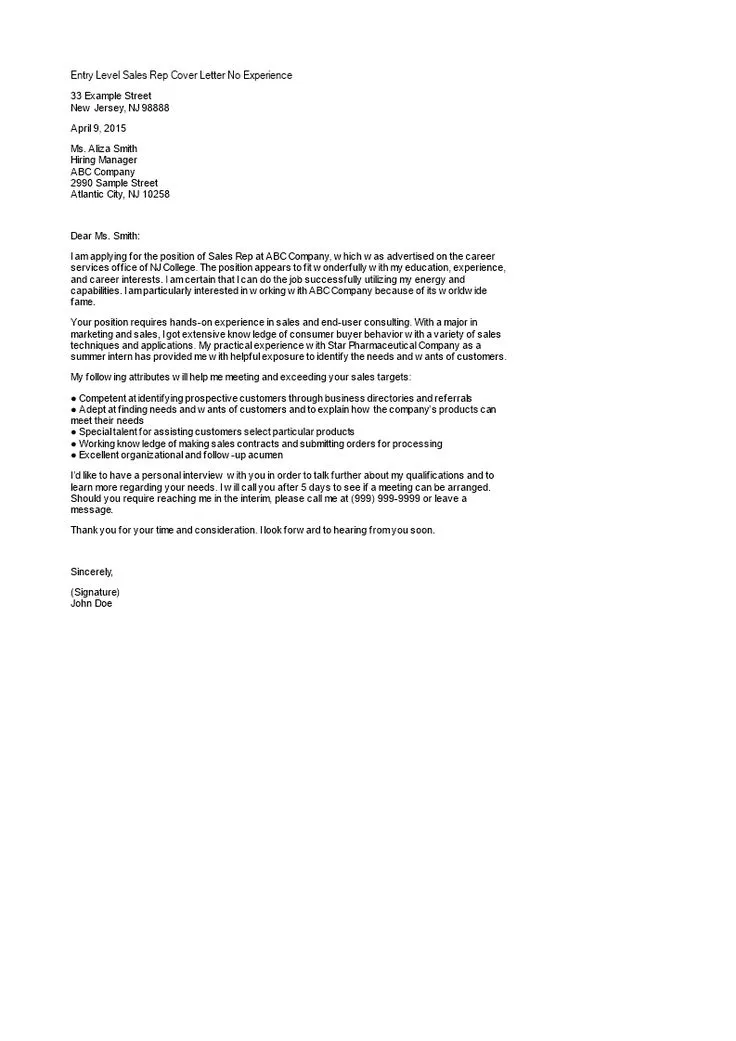
Expressing genuine enthusiasm for the sales consultant role and the company is crucial. Show the hiring manager that you’re not just looking for a job but that you’re passionate about sales and eager to contribute to their organization. Research the company’s mission, values, and products or services, and explain why you’re excited about the opportunity to work there. Mention any specific aspects of the company or the role that resonate with you. Explain what makes you excited about sales and what motivates you. This demonstrates your proactive approach and commitment. Enthusiasm is contagious, and it can make a significant impact on your application. Showing that you’re genuinely interested in the role will differentiate you from other candidates.
Researching the Company and Tailoring Your Letter
One of the most important steps in writing a compelling cover letter is researching the company you’re applying to and tailoring your letter to its specific needs and values. Visit the company’s website, read about their products or services, and understand their target market. Review the job description carefully and identify the key skills and qualifications the company is seeking. Then, align your skills and experiences with these requirements, and use the same language and keywords the company uses in its job posting. This shows that you’ve taken the time to understand the company and that you’re genuinely interested in the role. Tailoring your cover letter demonstrates your attention to detail and your proactive approach. This makes the cover letter more relevant and engaging for the hiring manager.
Writing a Compelling Opening Paragraph
Your opening paragraph is your first opportunity to capture the hiring manager’s attention. Start with a strong hook that immediately grabs their interest. State the position you’re applying for and where you saw the job posting. Then, briefly summarize your key skills and experiences and express your enthusiasm for the role. Make sure your opening paragraph is concise, engaging, and tailored to the specific company and job requirements. It should set the tone for the rest of your cover letter and encourage the hiring manager to read on. Avoid generic openings like “I am writing to express my interest…” Instead, try something more engaging, like “I am excited to apply for the Sales Consultant position at [Company Name], as I am very impressed with [specific achievement/aspect of the company].”
Emphasizing Your Value Proposition
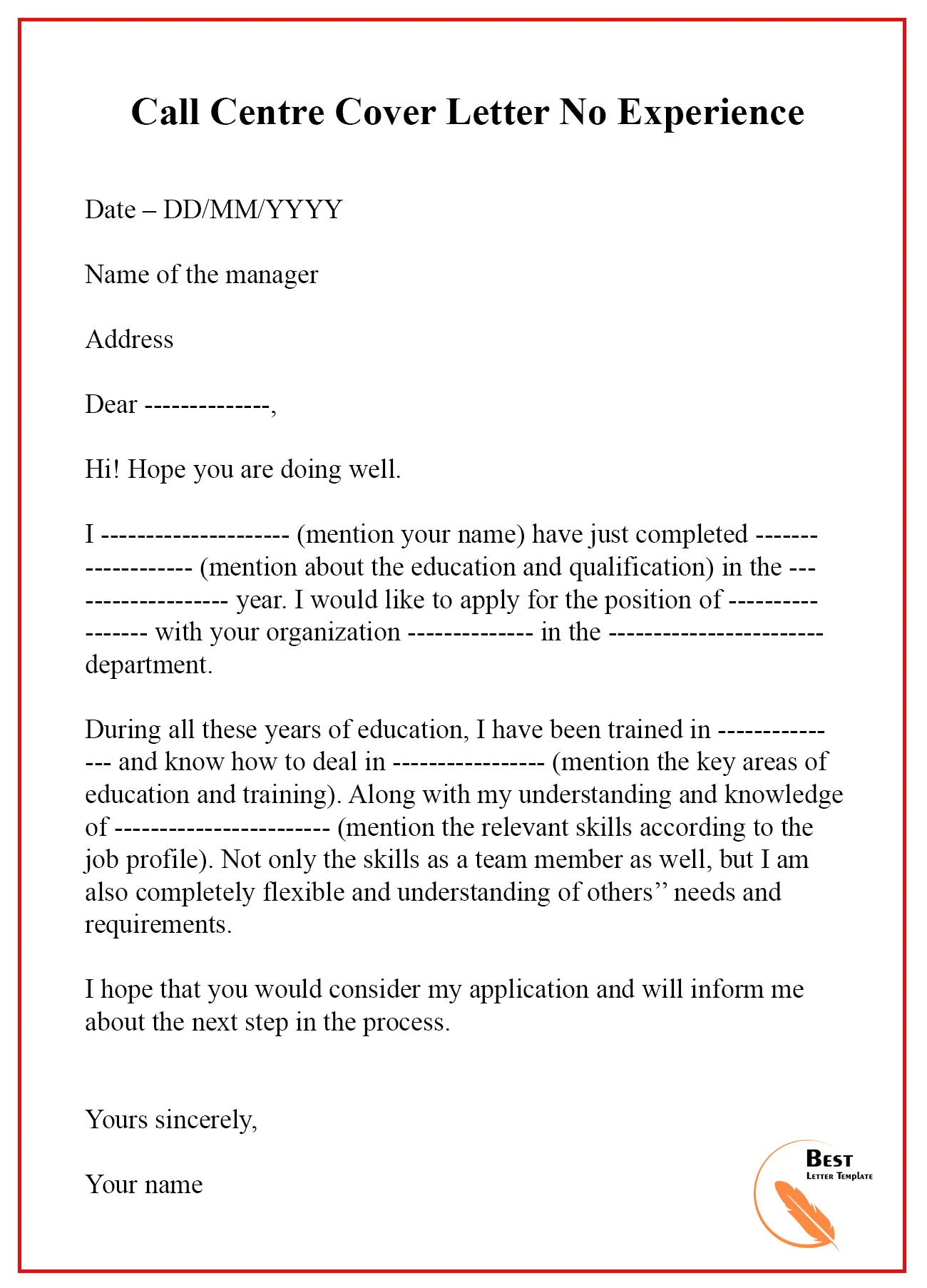
In your cover letter, clearly state the value you bring to the company. Explain how your skills, experiences, and enthusiasm can contribute to the company’s success. Describe the specific benefits you can provide. For example, if you have excellent communication skills, explain how you can effectively communicate with clients, build relationships, and close sales. If you have experience in problem-solving, highlight how you can identify customer needs and offer tailored solutions. Quantify your achievements whenever possible. Use numbers and metrics to demonstrate the impact you’ve made in previous roles. This will help the hiring manager understand the value you can bring and see how you can help the company achieve its goals. Ultimately, the hiring manager wants to know what you will do for them.
Structuring the Body of Your Cover Letter
Organize the body of your cover letter logically and cohesively. Use clear and concise language and break up your paragraphs into manageable chunks. Start by introducing yourself and stating the position you’re applying for. Then, highlight your relevant skills and experiences, providing specific examples to support your claims. Explain how your skills align with the job requirements. Be sure to emphasize your transferable skills. Show that you have researched the company. Highlight your enthusiasm for the role and the company. Close by summarizing your key qualifications and expressing your eagerness to discuss your application further in an interview. Using a well-structured format makes it easier for the hiring manager to quickly understand your qualifications and your interest in the position.
Using Action Verbs to Describe Your Potential
Using strong action verbs in your cover letter can make your accomplishments sound more impactful and engaging. Instead of saying “I was responsible for,” use verbs like “achieved,” “managed,” “implemented,” “developed,” “led,” or “negotiated.” This helps you create a vivid picture of your skills and experiences. For example, rather than saying “I handled customer complaints,” you can write, “I resolved customer complaints, resulting in a 20% increase in customer satisfaction.” Use action verbs throughout your cover letter to describe your skills, experiences, and achievements. Make sure your verbs match the tense and context. This makes your letter more dynamic and shows that you are a proactive candidate.
Quantifying Your Achievements (Even Without Sales Experience)
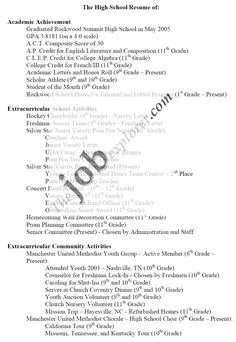
Even without direct sales experience, you can quantify your achievements by providing examples of your accomplishments in other areas. Use numbers and metrics to demonstrate the impact you’ve made in previous roles. If you improved efficiency, mention the percentage of improvement. If you saved time or resources, quantify the savings. If you increased customer satisfaction, state the increase. These metrics make it easier for the hiring manager to understand the value you’ve brought to previous employers. If you’ve led a team, mention the number of team members and the results achieved. Even small achievements can be impressive when quantified. Whenever possible, provide specific examples of your accomplishments, using numbers and metrics to show your results.
Closing Your Cover Letter with Confidence
End your cover letter with a strong and confident closing paragraph. Reiterate your interest in the sales consultant role and express your enthusiasm for the company. Thank the hiring manager for their time and consideration, and include a call to action. Encourage them to contact you for an interview. Be sure to include your contact information, so they can easily reach you. Your closing paragraph should leave a positive and lasting impression. Also, be polite and professional in your closing. Avoid being overly casual or informal. Proofread your entire cover letter to ensure there are no errors. A well-crafted closing paragraph is your final opportunity to make a strong impression and increase your chances of getting an interview.
Proofreading and Editing for Perfection
Before submitting your cover letter, carefully proofread and edit it. Check for any spelling, grammar, or punctuation errors. Ensure your writing is clear, concise, and easy to read. Ask a friend, family member, or career counselor to review your cover letter for feedback. They can identify any areas that need improvement. Make sure your formatting is consistent and professional. Review the job description and ensure that you’ve addressed all the key requirements. Proofreading is essential, as errors can undermine your credibility and reduce your chances of getting an interview. A polished and error-free cover letter demonstrates your attention to detail. This is a valuable asset in sales. Take your time to make sure everything is perfect.
Key Components of a Sales Consultant Cover Letter
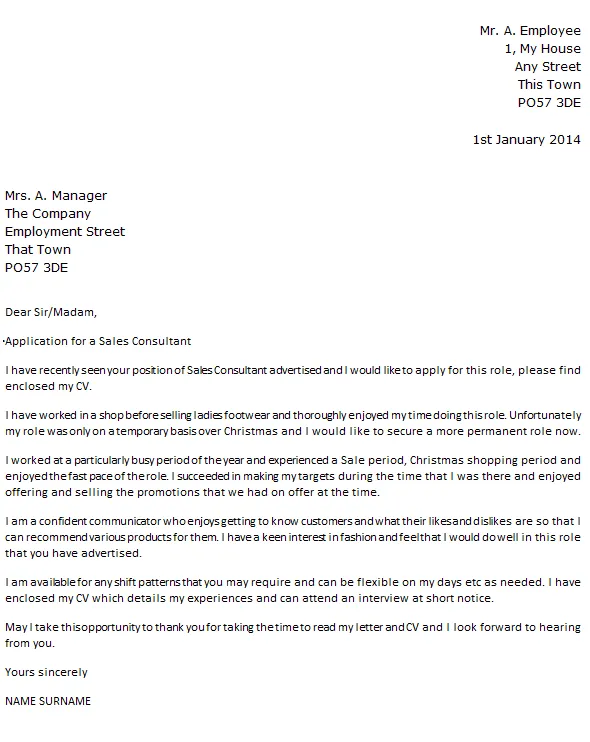
A well-structured cover letter typically includes several key components. Your contact information should be at the top, including your name, address, phone number, and email address. The greeting should address the hiring manager by name, if possible. The body paragraphs should highlight your skills, experiences, and enthusiasm. The closing paragraph should summarize your qualifications and include a call to action. Your cover letter should clearly demonstrate your interest in the role and the company. By covering all the necessary components, your letter should be informative and persuasive. This gives the hiring manager a complete picture of you as a candidate.
Contact Information
Include your full name, address, phone number, and email address at the top of your cover letter. Ensure your contact information is accurate and up-to-date. Use a professional-sounding email address. This information allows the hiring manager to easily contact you for an interview. This is your chance to make a professional first impression. Present your contact information in a clear and concise format. Make sure it is easy to read. A well-presented contact section will allow the hiring manager to smoothly reach you.
Greeting the Hiring Manager
Address the hiring manager by name if possible. This shows that you’ve taken the time to research the company and personalize your application. If you can’t find the hiring manager’s name, use a general greeting like “Dear Hiring Manager.” Avoid generic greetings like “To Whom It May Concern.” Using the hiring manager’s name shows that you have taken the time to research the company. It adds a personal touch to your cover letter. This increases your chances of getting noticed. If you can’t find the name, you can always call the company and ask for it.
Body Paragraphs
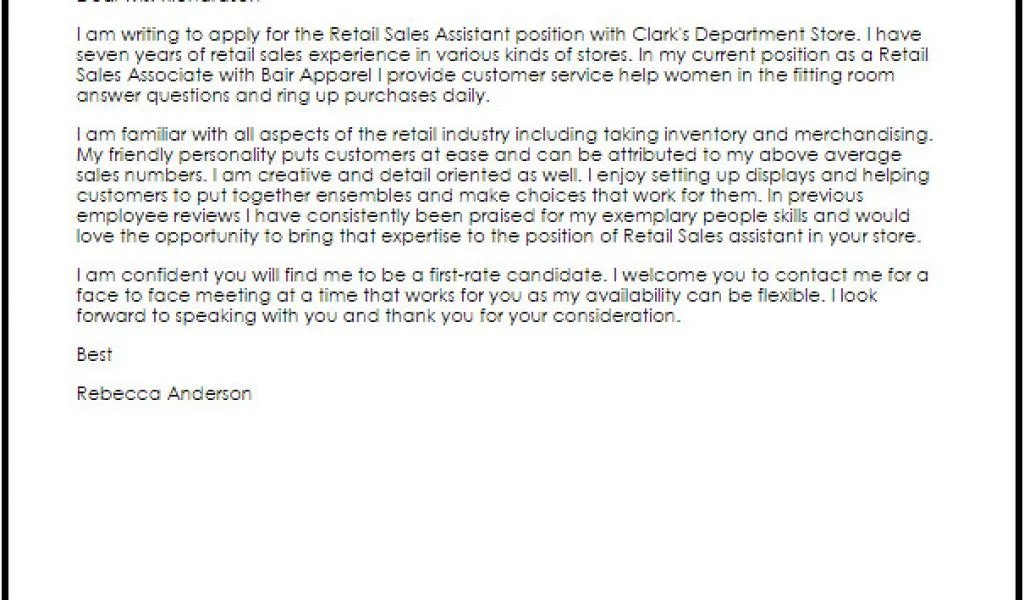
The body paragraphs are the core of your cover letter. They should highlight your relevant skills and experiences. Start with a strong opening paragraph that introduces you and states the position you’re applying for. Then, write two or three paragraphs that describe your key qualifications, providing specific examples to support your claims. Describe how your skills align with the job requirements, emphasizing your transferable skills. Highlight your enthusiasm for the role and the company. Always include your achievements and quantify them whenever possible. A well-written body will show the hiring manager that you are qualified.
Call to Action
Close your cover letter with a call to action. Encourage the hiring manager to contact you for an interview. Thank them for their time and consideration. Restate your interest in the sales consultant role and express your enthusiasm for the company. Include your contact information, so they can easily reach you. A strong call to action motivates the hiring manager to take the next step in the hiring process. It shows that you’re confident and eager to move forward. This is a crucial part of the cover letter.
Common Mistakes to Avoid
Avoid making common mistakes that can damage your chances of getting hired. Using a generic cover letter that isn’t tailored to the specific company or job can be detrimental. Focusing on your weaknesses rather than your strengths is also a mistake. Ignoring the job description or not addressing the key requirements will make your application less compelling. Finally, making formatting errors, such as typos or grammatical errors, can undermine your credibility. Knowing what to avoid is as important as knowing what to include. These errors can make your application seem unprofessional. Being aware of these mistakes can greatly increase your chances.
Generic Cover Letters
Avoid using a generic cover letter that isn’t tailored to the specific company or job. Generic cover letters make it seem like you’re not genuinely interested in the role. It’s important to customize each cover letter to the specific company and job requirements. Research the company and the role, and use the same language and keywords the company uses in its job posting. A tailored letter is a much more compelling demonstration of interest. Hiring managers can tell when a cover letter is generic. Stand out by showing that you’ve taken the time to understand the company and are excited about the role.
Focusing on Weaknesses
Avoid focusing on your weaknesses. Instead, focus on your strengths and highlight your transferable skills. While it’s okay to acknowledge that you may lack direct sales experience, don’t dwell on this point. Instead, emphasize the skills and experiences that make you a promising candidate. Use your cover letter to sell yourself. Focus on your achievements and what you can bring to the table. By focusing on your strengths and accomplishments, you can create a more positive and persuasive impression. Highlighting your weaknesses can damage your chances.
Ignoring the Job Description
Failing to address the requirements outlined in the job description is another common mistake. Carefully review the job description and identify the key skills and qualifications the company is seeking. Then, tailor your cover letter to highlight those skills and experiences. Use the same language and keywords the company uses in its job posting. By addressing the job description, you demonstrate that you’ve taken the time to understand the requirements. This will show that you’re a good fit for the role. This is an important step in getting hired. Ignoring the job description shows you lack attention to detail.
Formatting Errors
Make sure to avoid any formatting errors. Errors can undermine your credibility. Always proofread your cover letter and ensure that it is free of any typos or grammatical errors. Use a professional-looking font and consistent formatting. Your letter should be easy to read and visually appealing. Having a well-formatted cover letter shows your attention to detail and your commitment to producing high-quality work. Make sure you carefully proofread it. Formatting errors can leave a very bad first impression. It is a sign of sloppiness.
Final Tips for a Standout Cover Letter
To make your cover letter stand out, consider these final tips. Be authentic and let your personality shine through. Write in a conversational tone. This makes your cover letter more engaging and memorable. Quantify your achievements whenever possible. Provide specific examples of your accomplishments, using numbers and metrics to show your results. Keep it concise and to the point. Your cover letter should be no more than one page long. Show, don’t just tell. Instead of simply stating your skills, demonstrate them by providing specific examples of how you’ve used them in previous experiences. Make sure your letter is well-written and free of errors. This is essential for making a positive first impression.
Focus on Your Personality
Let your personality shine through in your cover letter. A cover letter is an opportunity to let your personality come through. Writing in a conversational tone can make your letter more engaging and memorable. Demonstrate your enthusiasm for the role and the company. Show the hiring manager that you’re not just looking for a job but that you’re genuinely interested in the opportunity. Be authentic and show your enthusiasm. This can make a lasting impression on the hiring manager and make you stand out from other candidates. Let your passion for sales and your enthusiasm for the company shine.
Show, Don’t Just Tell
Instead of simply stating your skills and qualifications, demonstrate them by providing specific examples of your accomplishments. Show the hiring manager how you’ve used your skills in previous experiences. For example, instead of saying “I have excellent communication skills,” say “I effectively communicated with clients, building strong relationships and closing sales.” By providing specific examples, you make your claims more credible and memorable. Always back up your claims with clear and concise examples. This approach allows you to create a vivid picture of your skills.
Keep it Concise
Keep your cover letter concise. The cover letter should be no more than one page long. Your cover letter should be easy to read and focused on your key qualifications. Use clear and concise language. Avoid jargon or overly complex sentences. Focus on the most important information and highlight the key skills and experiences that make you a strong candidate. Hiring managers are busy, so keep your letter focused. You will make a more positive impression by respecting their time. Be straightforward in your application.
Follow Up After Submitting
After submitting your cover letter and resume, follow up with the hiring manager to reiterate your interest. Send a brief email a week or two after submitting your application, thanking the hiring manager for their time and expressing your continued interest in the role. This demonstrates your enthusiasm and initiative. If you haven’t heard back after a reasonable time, you can send a follow-up email. Keep your follow-up communication brief and professional. Following up shows that you are proactive. It shows your dedication to securing the position and increases your chances of getting noticed.
